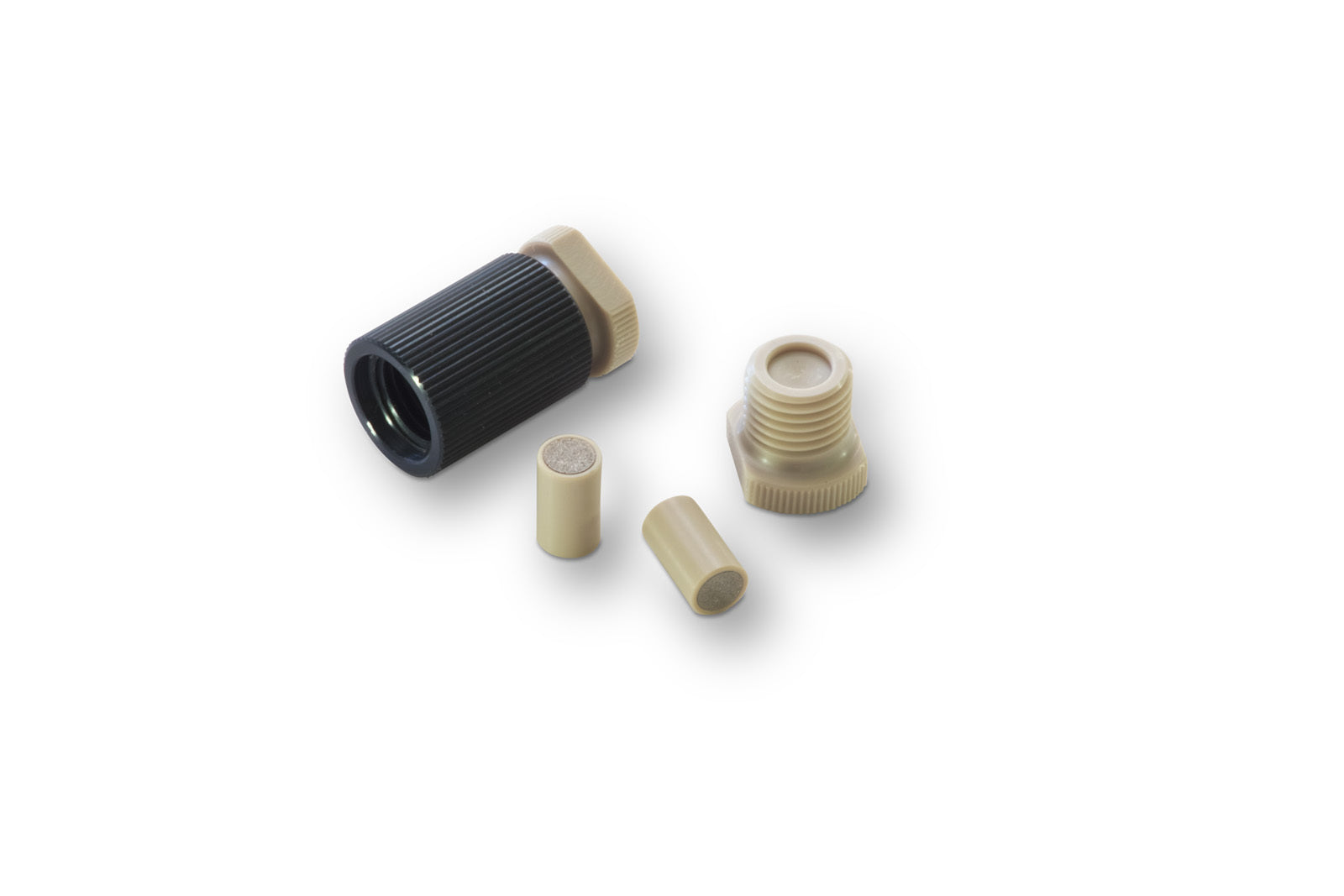Description
Fast separations and good sample recovery
PRP-X500: Methacrylate (SAX) Anion Exchange HPLC Column
PRP-X500 is a superficially porous polymeric anion exchange column designed for the separation, purification and isolation of proteins, peptides and DNA/RNA. The methacrylate polymeric coating of the PRP-X500 provides a more hydrophilic surface, preventing hydrophobic interaction sample losses.
PRP-X500 Overview
PRP-X500 is a superficially porous polymeric anion exchange column designed for the separation, purification and isolation of proteins, peptides and DNA/RNA. The methacrylate polymeric coating of the PRP-X500 provides a more hydrophilic surface, preventing hydrophobic interaction sample losses typically seen on other commercially available protein HPLC columns.
The non-porous nature of the packing material improves mass-transfer, shortening run times and improving resolution. Both fast separations and good sample capacity are achievable with PRP-X500 columns.
Sample recovery is excellent with PRP-X500 and the support’s limited permeability prevents proteins from entering the pores and unfolding, which causes peak ghosting. The superficially porous properties of the packing material improves mass-transfer, shortening the diffusion path of the analyte. This results in shortened run times, improved resolution, and sharp sample bands.
Anion Exchange
In anion exchange chromatography, the stationary bed has an ionically positive (+) charged surface while the sample ions are of negative (-) charge. The stronger the negative charge on the sample, the stronger it will be attracted to the positive charge on the stationary phase.
Anion Exchange Capacity
Anion exchange capacity is a measurement of the number of negative charges (anions) that the exchange resin can bind to and is reported in singly charged ion equivalents per 1 gram of resin. Exchange capacity is dependent upon the pH of the mobile phase and in anion exchange chromatography; as mobile phase acidity decreases (pH increases), the exchange capacity decreases.

